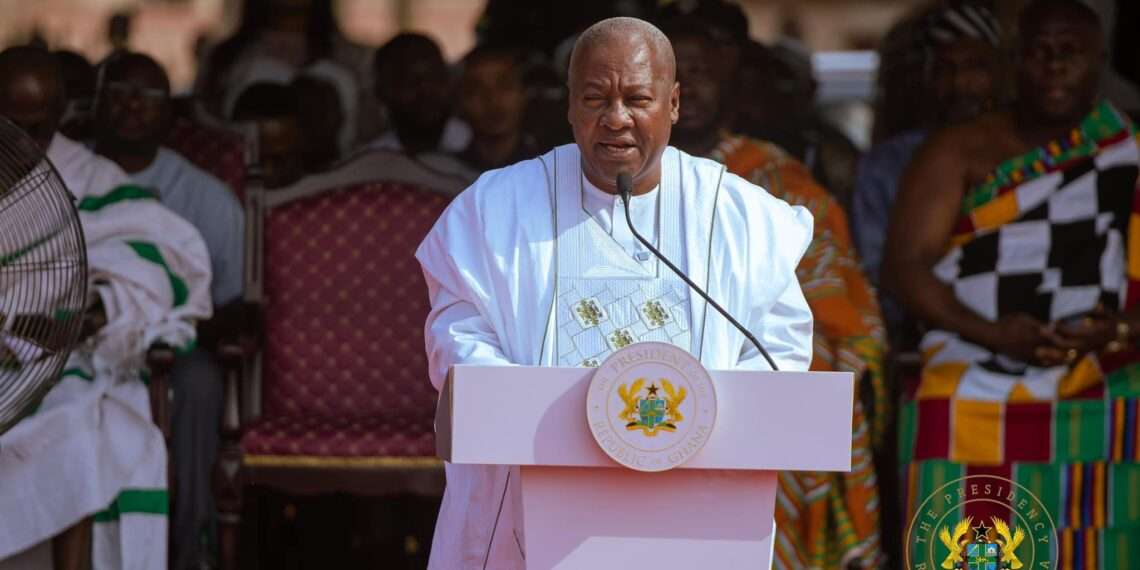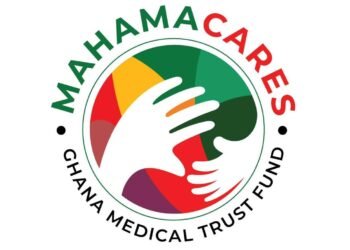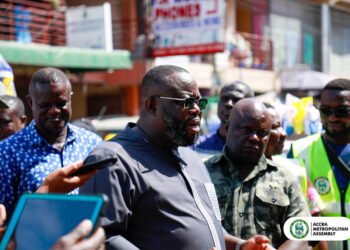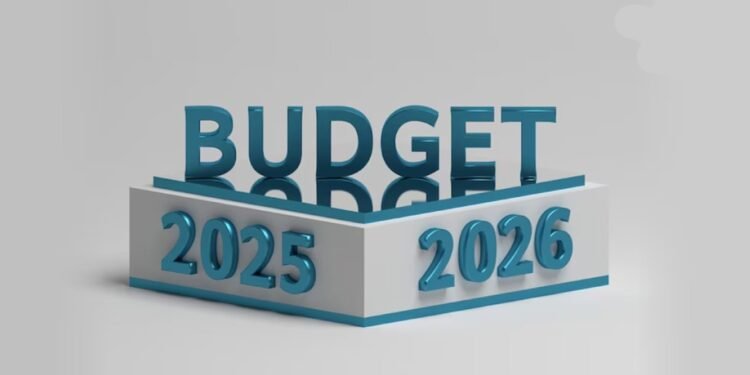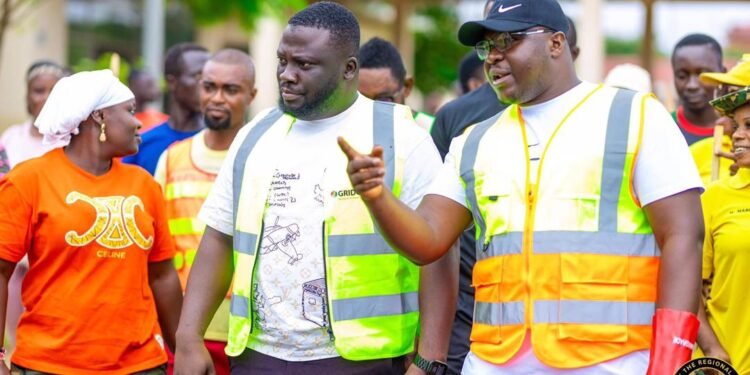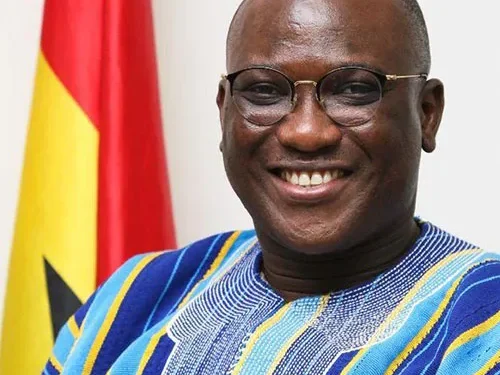At the 68th Independence Day celebration held at the Jubilee House under the theme Reflect, Review, and Reset, President John Dramani Mahama delivered a thought-provoking speech that underscored Ghana’s historical journey, economic challenges, and the path forward.
The ceremony, which was significantly scaled down in contrast to previous years, symbolized a commitment to fiscal prudence in response to the prevailing economic crisis.
President Mahama began by reminding Ghanaians of the reforms he introduced a decade ago to ease the burden on schoolchildren participating in the annual parade, ensuring they only formed up when it was time for their march past.
He also acknowledged the initiative by the previous administration to rotate Independence Day celebrations across various regions to bring the event closer to the people.
However, he explained that due to economic constraints, the decision was made to interrupt the regional rotation and host a modest ceremony at the forecourt of the presidency instead of the traditional Black Star Square.
“Fiscal prudence has become imperative for navigating the severe economic crisis that has recently confronted our country. The state spent GHS 15,000,000 on last year’s celebration in Koforidua and spent GHS 13,700,000.0 on the previous year’s celebration in Ho in the Volta region.
“This year, we received estimates of at least GHS 20,000,000 for holding the event at the Independence Square on the same scale as the previous years.”
HE President John Dramani Mahama
The scaled-down event, he noted, would save the nation 95% of the estimated cost. However, despite the reduction in scale, President Mahama emphasized that the significance of Ghana’s independence remained undiminished.
He highlighted the country’s pivotal role in inspiring African nations to pursue self-rule and stressed the importance of commemorating the occasion while being mindful of economic realities.
Reflecting on Ghana’s Democratic Journey and Challenges
President Mahama took the opportunity to reflect on Ghana’s complex history, marked by both progress and setbacks.
He lamented the 1966 coup d’état that ousted Ghana’s first president, Osagyefo Dr. Kwame Nkrumah, describing it as a major blow to the nation’s development trajectory.
He cited declassified documents that confirm the Central Intelligence Agency’s (CIA) involvement in engineering the coup, calling it one of the darkest moments in Ghana’s history.
“That moment sparked a series of historical events that have set us back and significantly delayed our attainment of the objective peaceful power transfers.”
HE President John Dramani Mahama
He emphasized that democracy extends beyond voting, stressing the need for accountability, respect for freedoms and rights, and the fulfillment of socio-economic promises enshrined in Ghana’s founding principles.
According to President Mahama, Ghana’s unbreakable democratic spirit remains its greatest strength, ensuring that, despite historical challenges, the destiny of the nation remains firmly in the hands of its people.

Reviewing Ghana’s Current Standing and Economic Realities
Acknowledging the present economic difficulties, President Mahama urged Ghanaians to conduct a critical review of key national sectors, including governance, education, healthcare, agriculture, infrastructure, and security.
He asserted that a holistic approach is required to address structural deficiencies and move towards sustainable development.
“As president, I’m committed to providing the bold leadership and the clarity of vision that is needed to navigate the turbulent economic waters we are currently sailing in while safeguarding our future”.
HE President John Dramani Mahama
He criticized Ghana’s over-reliance on donor aid and IMF bailouts, stating that while the country’s dependence is repeatedly pointed out, real change requires decisive action rather than rhetoric.
He emphasized that merely proclaiming Ghana as “beyond aid” while continuously seeking external assistance is meaningless.
“Proclaiming self-reliance while marching straight back to the donors into the hands of the donor agencies, begging bowl in hand is really meaningless. To break this cycle of dependence and reset our economy, my administration is formulating policies based on fiscal discipline and living within our means.
“We are striving to expand our economy to yield prosperity for all. To do this, we must look within and make sure that we are raising revenue domestically.”
HE President John Dramani Mahama
The 24-Hour Economy and Industrialization
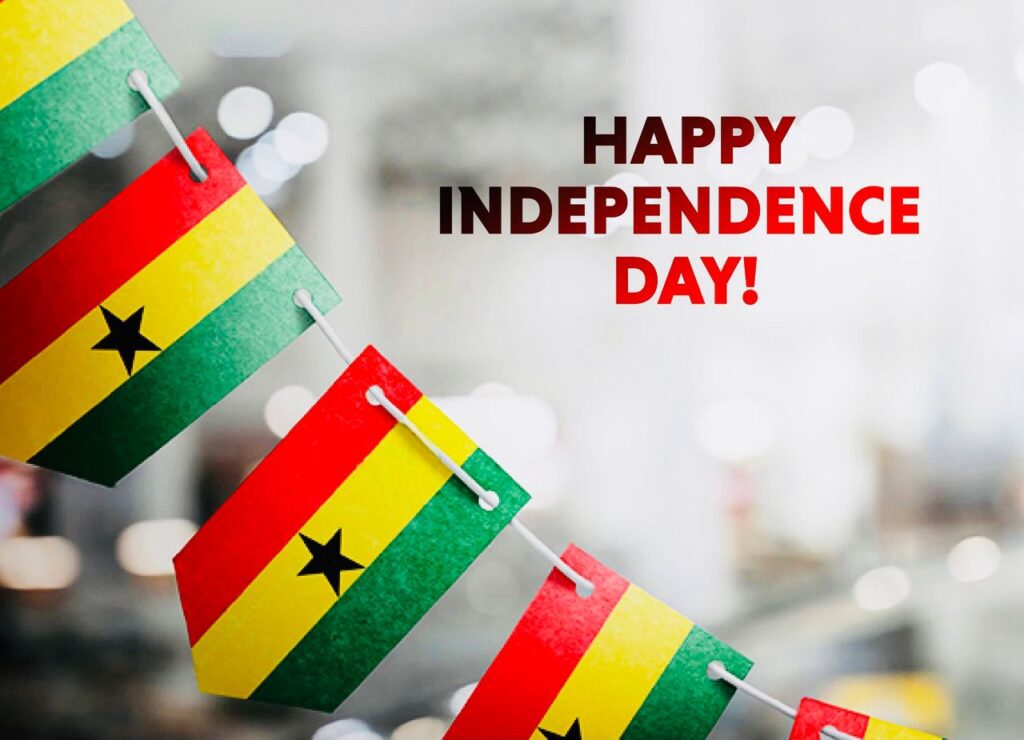
President Mahama outlined his administration’s plan to implement a 24-hour economy program to stimulate job creation, increase productivity, and enhance trade competitiveness.
He asserted that Ghana’s economy should never “go to sleep” and must operate around the clock to maximize output and reduce reliance on external financial assistance.
Additionally, he highlighted the Big Push Initiative, a $10 billion plan aimed at modernizing infrastructure, creating jobs, and stimulating local industry. According to President Mahama, this initiative will be a major driver of economic transformation by ensuring that development is led from within rather than being externally funded.
According to him, agriculture remains Ghana’s biggest opportunity to reduce import dependence, revealing that Ghana currently spends over $2 billion annually on food imports.
He mentioned his administration’s commitment to introducing the Agriculture for Economic Transformation Agenda, which includes the Feed Ghana Program to drive mass food production, stabilize food prices, and reduce import reliance.
Moreover, the Poultry-to-Farm and Poultry-Farm-to-Table Initiative is expected to boost domestic poultry production and processing to curb Ghana’s 95% dependency on imported poultry products.
Empowering the Youth for a Sustainable Future

President Mahama called on young Ghanaians to embrace opportunities within the agriculture sector, revealing that the AgriNEXT Program would equip 30,000 young people with land, training, and agribusiness opportunities.
He further announced the establishment of Farmers’ Service Centers in every district to provide access to mechanization services, quality seeds, and fertilizers to support local food production.
“My brothers and sisters, this is a defining moment. But policies alone, no matter how well couched and no matter how well intentioned, will not change our reality. Action will change that reality. As president, I’m taking the necessary action to create growth opportunities and enhance our economic independence”
HE President John Dramani Mahama
He stressed that while his administration would implement initiatives to drive economic independence, citizens, particularly the youth, must step up to seize these opportunities and contribute to building a self-sufficient nation.
Concluding his speech, President Mahama urged Ghanaians to reflect on their past, review their present circumstances, and reset their course towards a brighter future.
He reinforced his commitment to providing the leadership necessary to achieve economic independence and sustainable development. “Ghana’s economic future is in your hands,” he stated, calling for unity, patriotism, and resilience in the face of adversity.
As Ghana marks its 68th year of independence, Mahama’s address serves as both a reminder of the country’s rich legacy and a call to action for a renewed national commitment to self-reliance, innovation, and prosperity.
His emphasis on fiscal responsibility, economic transformation, and youth empowerment paints a bold vision for the nation’s future, one that hinges on decisive action rather than mere rhetoric.
READ ALSO: Ghana’s Economic Progress Weak Despite Sectoral Shifts- ACET Report



